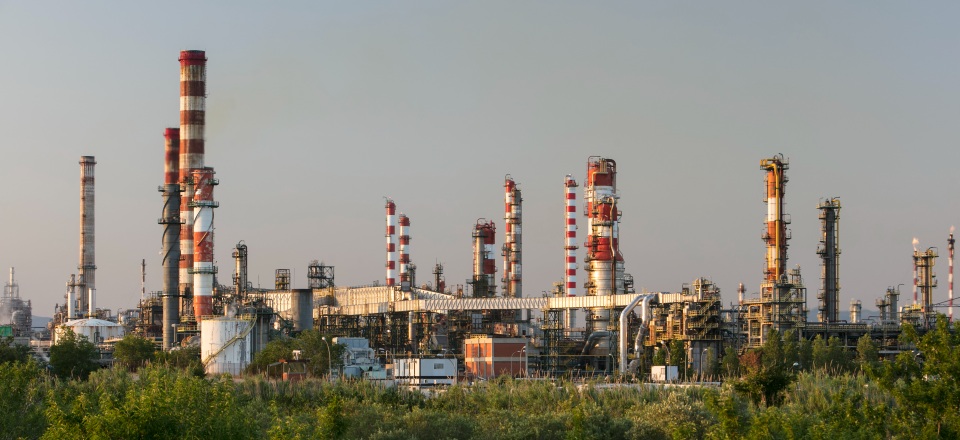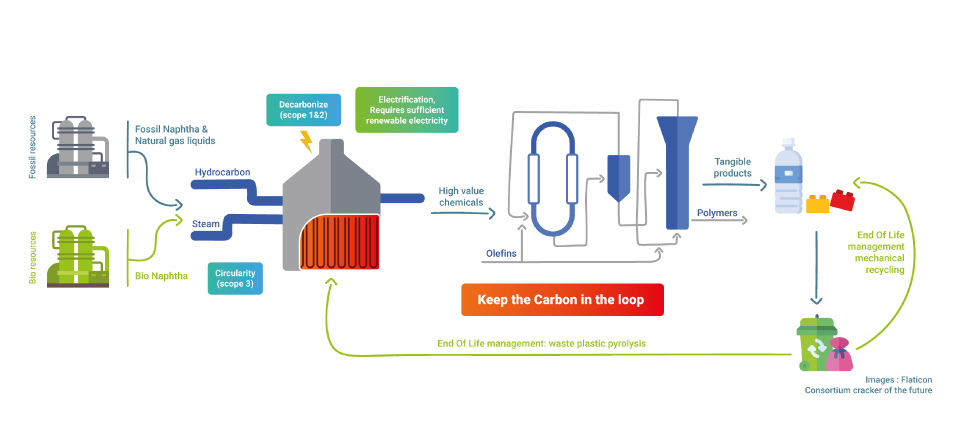We join the Cracker of the Future Consortium
We have recently joined the Cracker of the Future consortium. The consortium accelerates the development of a game changing technology for the electrification of the steam cracking process. This enables a revolutionary decrease in greenhouse gas emissions.
Together with founding members Borealis (member of the OMV Group), BP, and TotalEnergies, the consortium covers ~1/3 of the European Union’s steam cracking capacity with units in Austria, Belgium, Finland, France, Germany, Italy, Portugal, Spain, and Sweden.

The consortium has looked broadly for the best technologies and understand their potential, development status, and needs. It has assessed many electricity-based heating technologies and has selected a few for deeper dives to evaluate their development status and discuss potential cooperation with technology and equipment providers.
The consortium is currently evaluating different technology opportunities and will soon announce one of its preferred highly promising options while a few other promising concepts need further assessment before it can come to a decision. Such a progressive funneling of opportunities allows the consortium to elect the most promising technologies quickly, while maintaining space for potential new promising developments.
In the scenario aimed at, and with public innovation support, a demonstration can be undertaken in 2023, and commercial availability could be delivered as early as 2026. The availability of sufficient affordable renewable electricity (and infrastructure) is key for commercial deployment.
European Crackers are currently annually emitting ~30 Mton of CO2 (~20-25% of the European Chemical Industries’ overall greenhouse gas emissions). The majority of these emissions originate from the crackers' furnaces. In combination with other electrification measures, electric cracking with renewable energy can eliminate the cracker's greenhouse gas emissions to a large extent.

Currently, European crackers predominantly operate on fossil-naphtha feedstock with some light feedstock such as LPG and ethane originating from refining of oil and from natural gas liquids. Electric crackers will also be able to convert bio naphtha and pyrolysis oil from waste plastics (chemical recycling) and thus enable key process routes for the circular economy.
Meeting Europe’s Green Deal and becoming climate-neutral and circular requires enormous and disruptive changes. Developing electric cracking is one of the key changes. More than ever, a public-private partnership will be essential to achieve the objectives.